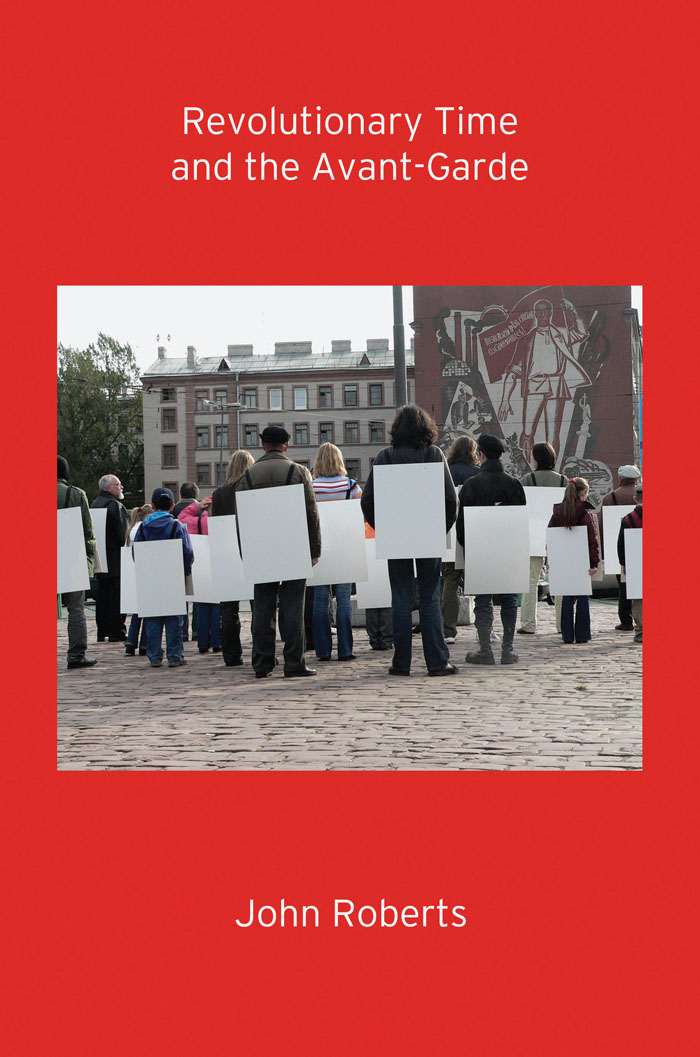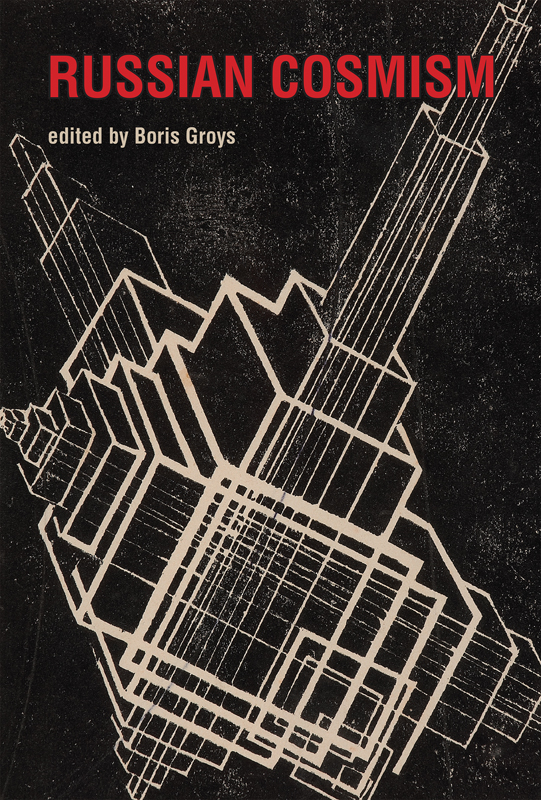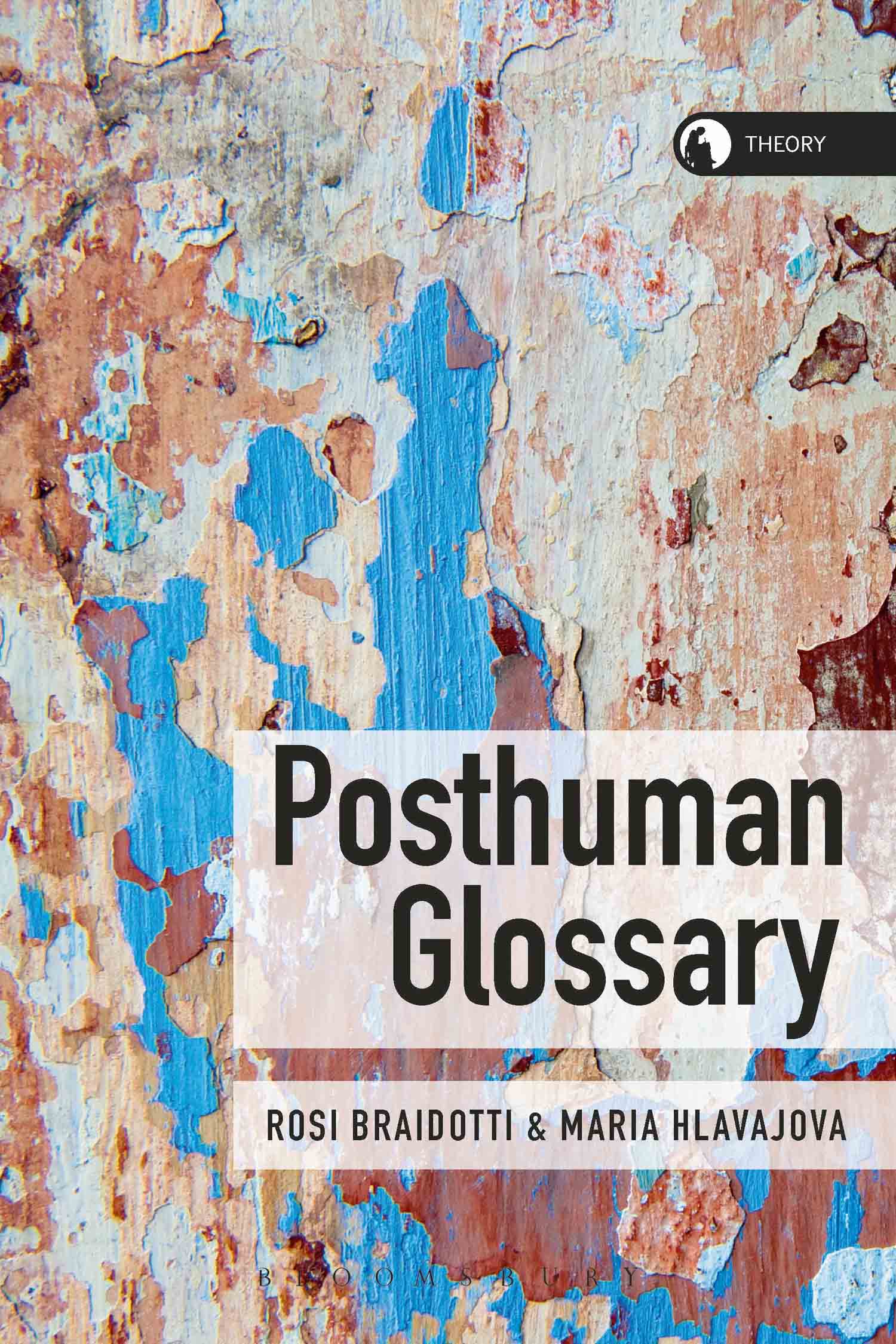John Roberts: Revolutionary Time and the Avant-Garde (2015)
Filed under book | Tags: · aesthetics, art, art history, autonomy, avant-garde, capitalism, conceptual art, immaterial labor, labour, modernism, negation, neo-avant-garde, philosophy, politics, praxis, theory

“Why the avant-garde of art needs to be rehabilitated today
Since the decidedly bleak beginning of the twenty-first century, art practice has become increasingly politicized. Yet few have put forward a sustained defence of this development. Revolutionary Time and the Avant-Garde is the first book to look at the legacy of the avant-garde in relation to the deepening crisis of contemporary capitalism.
An invigorating revitalization of the Frankfurt School legacy, Roberts’s book defines and validates the avant-garde idea with an erudite acuity, providing a refined conceptual set of tools to engage critically with the most advanced art theorists of our day, such as Hal Foster, Andrew Benjamin, Alain Badiou, Jacques Rancière, Paolo Virno, Claire Bishop, Michael Hardt, and Toni Negri.”
Publisher Verso, London, 2015
ISBN 9781781689134, 178168913X
xii+322 pages
Reviews: Noni Brynjolson (Field, 2015), Danica Radoshevich (Red Wedge, 2015), Kim Charnley (Platypus Review, 2016), Geoffrey Wildanger (LA Review of Books, 2016).
Comment (0)Boris Groys (ed.): Russian Cosmism (2018)
Filed under book | Tags: · art, avant-garde, biopolitics, cosmism, cosmos, philosophy, russia, technology

“Cosmism emerged in Russia before the October Revolution and developed through the 1920s and 1930s; like Marxism and the European avant-garde, two other movements that shared this intellectual moment, Russian Cosmism rejected the contemplative for the transformative, aiming to create not merely new art or philosophy but a new world. Cosmism went the furthest in its visions of transformation, calling for the end of death, the resuscitation of the dead, and free movement in cosmic space. This volume collects crucial texts, many available in English for the first time, by the radical biopolitical utopianists of Russian Cosmism.
Cosmism was developed by the Russian philosopher Nikolai Fedorov in the late nineteenth century; he believed that humans had an ethical obligation not only to care for the sick but to cure death using science and technology; outer space was the territory of both immortal life and infinite resources. After the revolution, a new generation pursued Fedorov’s vision. Cosmist ideas inspired visual artists, poets, filmmakers, theater directors, novelists (Tolstoy and Dostoevsky read Fedorov’s writings), architects, and composers, and influenced Soviet politics and technology. In the 1930s, Stalin quashed Cosmism, jailing or executing many members of the movement. Today, when the philosophical imagination has again become entangled with scientific and technological imagination, the works of the Russian Cosmists seem newly relevant.”
With texts by Alexander Bogdanov, Alexander Chizhevsky, Nikolai Fedorov, Boris Groys, Valerian Muravyev, Alexander Svyatogor, Konstantin Tsiolkovsky, Anton Vidokle, and Brian Kuan Wood.
Publisher e-flux, New York, and MIT Press, Cambridge, Massachusetts, 2018
ISBN 9780262037433, 0262037432
ix+249 pages
Rosi Braidotti, Maria Hlavajova (eds.): Posthuman Glossary (2018)
Filed under book | Tags: · activism, algorithm, anthropocene, art, body, capitalism, capitalocene, cybernetics, ecology, feminism, human, inhuman, new materialism, philosophy, posthuman, posthumanism, theory

“If art, science, and the humanities have shared one thing, it was their common engagement with constructions and representations of the human. Under the pressure of new contemporary concerns, however, we are experiencing a “posthuman condition”; the combination of new developments–such as the neoliberal economics of global capitalism, migration, technological advances, environmental destruction on a mass scale, the perpetual war on terror and extensive security systems–with a troublesome reiteration of old, unresolved problems that mean the concept of the human as we had previously known it has undergone dramatic transformations.
The Posthuman Glossary> is a volume providing an outline of the critical terms of posthumanity in present-day artistic and intellectual work. It builds on the broad thematic topics of Anthropocene/Capitalocene, eco-sophies, digital activism, algorithmic cultures and security and the inhuman. It outlines potential artistic, intellectual, and activist itineraries of working through the complex reality of the ‘posthuman condition’, and creates an understanding of the altered meanings of art vis-à-vis critical present-day developments. It bridges missing links across disciplines, terminologies, constituencies and critical communities. This original work will unlock the terms of the posthuman for students and researchers alike.”
Publisher Bloomsbury Academic, 2018
Theory series
ISBN 1350030252, 9781350030251
xxxii+538 pages

